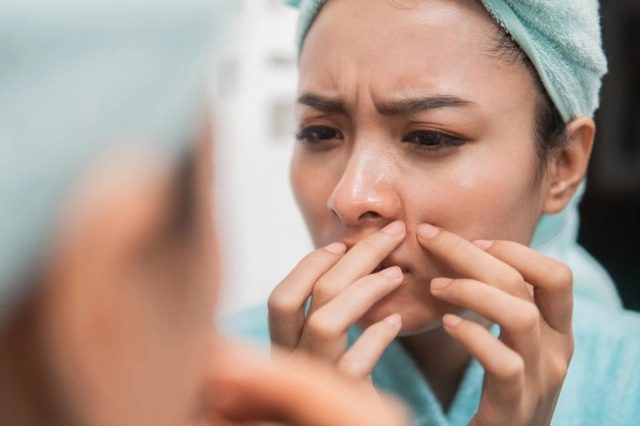
Definition of Acne
Acne is a disorder of the skin. This condition is associated with excessive production of oil (sebum). Excess oil can clog skin pores. In each skin pore, there is a follicle consisting of oil glands and hair. Acne occurs when hair follicles or hair growth sites become clogged with oil and dead skin cells.
This causes inflammation and blockage of the skin pores. This inflammation is characterized by the appearance of small lumps, which sometimes contain pus, on the skin. This skin disorder can occur in parts of the body with the most oil glands, namely the face, neck, upper chest, and back. These lumps are called pimples.
Symptoms of Acne
Acne is characterized by the appearance of several common symptoms, such as:
- The lump is reddish or yellow (because it contains pus).
- Small bumps (papules) that appear on the skin.
- Hot or burning sensation due to inflammation.
- There is itching on the lump.
- Acne is also prone to inflammation if you often touch it or even break it by force. Inflamed acne is prone to experiencing the following conditions:
- Pustules, which are small lumps with pus at the ends.
- Papules, which are small reddish lumps that are accompanied by pain.
- Nodules, which are hard lumps that form under the surface of the skin and can be painful.
- Cysts, which are large lumps that form under the surface of the skin filled with pus and are accompanied by pain.
Causes of Acne
Some conditions that trigger acne breakouts include:
- Excessive production of sebum, which is a substance produced by the oil glands to prevent dry skin.
- Blockage of hair follicles by a mixture of dead skin cells and sebum.
- Propionibacterium acnes type bacteria that develop, clog hair follicles, and cause inflammation.
- Genetic or hereditary factors. You can get acne if one of your parents has acne problems.
- Clogged follicles can swell and form whiteheads or blackheads when exposed to the outside world. This condition should not be underestimated. Because, it can develop into pustules, papules, nodules, or even cysts, if it is contaminated with skin bacteria.
- Hormones, namely when there is excess androgen hormone activity or when there are hormonal changes during menstruation.
- The use of cosmetics that can not always be tolerated by everyone’s skin.
- Stress affects a person’s lifestyle, including eating patterns that can trigger acne.
Read Also : Acne in pregnancy ? Here’s How to Overcome It
Acne Risk Factors
The appearance of acne can also be influenced by the following risk factors:
- Skin friction with objects, for example acne on the face due to wearing head coverings too often, acne on the neck due to wearing clothes that are too tight in the collar area, or acne on the back due to frequent use of a backpack.
- Smoking habit.
- Heredity, if there are family members who have problems with acne.
- Taking medications containing lithium, corticosteroids, or anti-seizure medications.
- Puberty, due to increased activity of the hormone testosterone which triggers the oil glands to produce sebum in greater quantities.
- Use of cosmetics.
- Hormonal changes, for example before menstruation, the first three months of pregnancy, or due to PCOS.
- Stress has the potential to exacerbate existing acne conditions.
Acne Diagnosis
The doctor will diagnose acne by conducting a medical interview and physical examination. The goal is to determine the severity of the pimples, both in terms of number and degree of inflammation.
Acne Prevention
Some efforts that can be done to prevent acne, include:
- Remove facial makeup before going to bed.
- Wash your face twice a day with an oil-free facial cleanser.
- Manage stress well.
- Avoid wearing clothes that are too tight.
- Avoid cosmetic products that contain oil.
- Maintain body hygiene by always taking a shower after activities.
Acne Treatment
Several steps can be taken to treat acne, including:
- Reducing oil production.
- Fights bacterial infections.
- Accelerate skin cell turnover and reduce inflammation.
To get the right treatment, first discuss the condition of acne with your doctor. Doctors generally provide drugs containing sulfur, resorcinol, salicylic acid, antibiotics, and isotretinoin.
The use of drugs must be under the supervision of a doctor because of the side effects that can be caused. Pregnant women are also not recommended to use isotretinoin because it can cause defects in the fetus.
Some other efforts that can be made to deal with acne, include:
- Clean cosmetic equipment using soap and warm water routinely.
- Choose non-comedogenic cosmetics, which do not close the pores on the skin.
- Use a non-comedogenic moisturizer, which can not cause acne and is suitable for the skin type.
- Avoid squeezing and holding pimples, because it can trigger more pimples.
- Avoid rubbing your face with a cloth or gloves with a rough surface.
- Maintain cleanliness of the body by immediately bathing after activities, because excess oil on the face can trigger acne.
- Keeping the face clean by cleaning the face twice a day, to remove dead skin cells, excess oil, as well as cosmetic residue on the surface of the skin.
Acne Complications
The most common complication due to acne is scarring or acne scars which are often called pockmarks.
Acne Prevention
There are several tips that you can try to prevent acne, namely:
- Regular cleaning of the face.
- Stay hydrated by drinking at least eight glasses of water a day.
- Use a light textured moisturizer.
- Reduce use of make-up .
- Don’t touch your face with dirty hands.
- Reduce sun exposure.
- Manage stress well.
References :
National Health Services. Accessed 2022. Acne.
American Academy of Dermatology Association. Retrieved 2022. 10 Things to Try When Acne Won’t Clear.

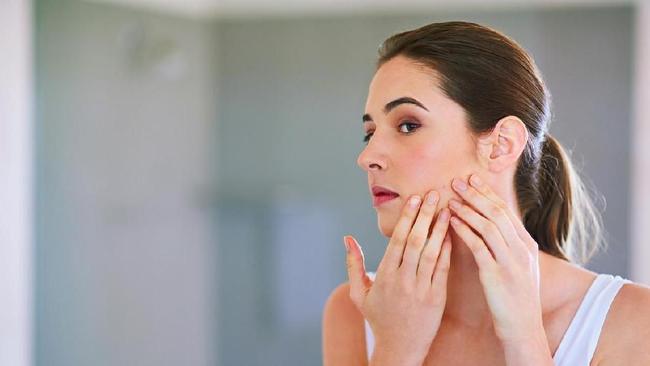

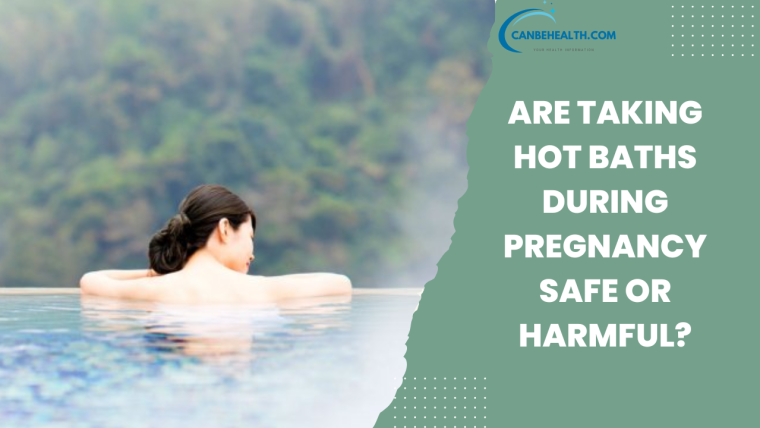
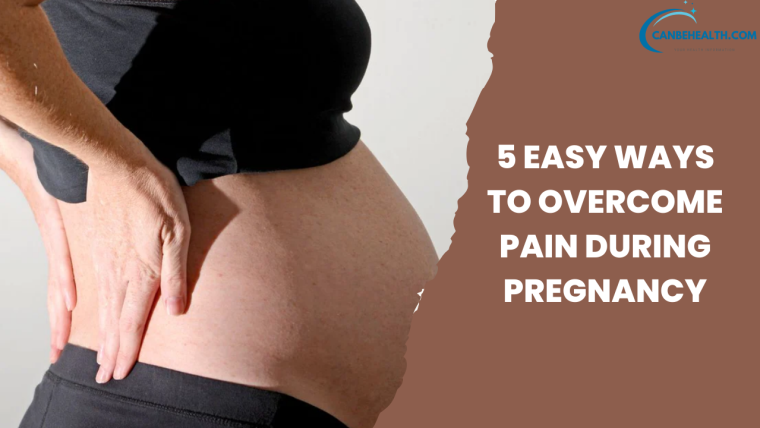
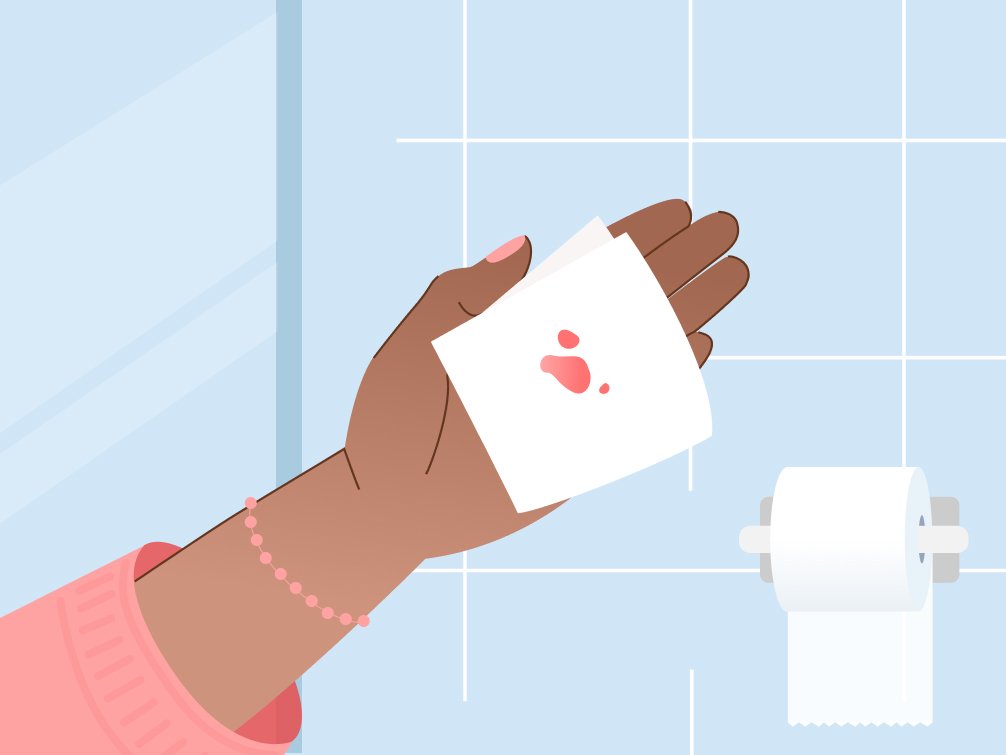

2 Replies to All About Acne that You Must Know
Can I Eat Teriyaki Sauce When Pregnant?
Can You Eat Crab While Pregnant?
Implantation Bleeding vs. Period: How to Tell the Difference
14 Crucial Pregnancy Signs
Chronic Energy Deficiency (CED) in Pregnant Women
Are taking hot baths During Pregnancy safe or harmful?
5 Easy Ways to Overcome Pain During Pregnancy
Implantation Bleeding vs. Period: How to Tell the Difference